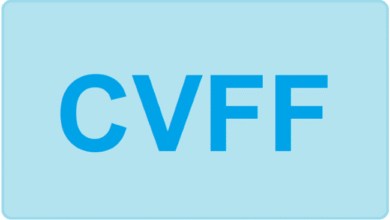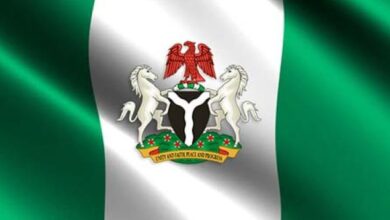Public Health: Customs, NAFDAC Set Up Joint Taskforce to Tackle Fake Drugs in Nigeria

In a renewed bid to protect Nigerians from the growing menace of counterfeit drugs and harmful substances, the Nigeria Customs Service (NCS) and the National Agency for Food and Drug Administration and Control (NAFDAC) have inaugurated a high-level implementation committee to enforce their 2024 Memorandum of Understanding (MoU) signed last November.
The strategic move signals a shift from agreement to action in the war against illicit pharmaceuticals, substandard imports, and unregulated consumables that threaten both public health and national security.
According to a statement by Abdullahi Maiwada, NCS spokesperson, the inauguration took place at NAFDAC headquarters in Abuja during the official visit of Comptroller-General of Customs, Adewale Adeniyi, to NAFDAC Director-General, Prof. Moji Adeyeye.
“This committee will drive our shared vision to protect Nigerians from harmful, unregulated substances,” said Adeniyi, reaffirming the Customs Service’s commitment to regulatory synergy.
A Structured Response to a National Health Crisis
Nigeria’s drug market has long battled the infiltration of fake, adulterated, and unregistered pharmaceuticals—a public health crisis that has not only endangered lives but also dented consumer confidence and weakened the nation’s healthcare infrastructure.
The newly formed joint implementation committee is tasked with translating the MoU’s framework into real-world impact through a robust set of deliverables:
- Development of a Joint Work Plan to guide enforcement priorities
- Harmonisation of Operational Standards between both agencies
- Shared Training and Communication Protocols to improve coordination
- Joint Monitoring, Evaluation, and Compliance Metrics
- Problem Identification and Solution Mapping for enforcement roadblocks
The committee is chaired by Olakunle Olaniran of NAFDAC, with Smart Akande, Director of Legal Services at NCS, serving as Deputy Chairman—a reflection of the high-level legal and technical expertise being brought to bear.
Public Health Meets Trade Regulation
The collaboration between NCS and NAFDAC is more than an inter-agency handshake—it’s a national safety net.
With the NCS positioned at Nigeria’s points of entry and NAFDAC empowered to regulate food, drugs, and cosmetics, this partnership could become a model for preventive consumer protection. By plugging regulatory loopholes at ports, borders, and warehouses, the joint taskforce aims to ensure that harmful imports are intercepted before they hit Nigerian markets or hospital shelves.
“This isn’t just a customs matter or a NAFDAC mandate—it’s a frontline defense for over 200 million Nigerian consumers,” said Prof. Adeyeye, who reiterated her agency’s full support for the committee.
What This Means for Business and Consumers
For importers, pharmaceutical companies, and retailers, the committee’s work may lead to stricter compliance checks, higher documentation standards, and intensified scrutiny. But for consumers and healthcare providers, it represents hope for safer products, cleaner supply chains, and a renewed trust in Nigeria’s regulatory system.
The global counterfeit pharmaceutical industry is estimated to be worth over $200 billion, and Nigeria is among the worst-hit markets in Africa. Fake drugs account for up to 17% of the drug market in some estimates, with potentially lethal consequences.
“This MoU is not just legally binding—it’s morally urgent,” said Adeniyi. “We must safeguard the lives of Nigerians by sanitising what enters our borders.”
A Legal, Economic, and Humanitarian Imperative
Beyond health risks, counterfeit and substandard drugs distort Nigeria’s pharmaceutical industry, undercut compliant manufacturers, and create unfair competition in a high-risk sector. They also erode investor confidence in a country with one of the fastest-growing consumer markets on the continent.
By operationalising this MoU, NAFDAC and Customs are signaling to both local manufacturers and foreign partners that Nigeria is ready to play by the rules—and enforce them.
Bottom Line
The inauguration of the NAFDAC–Customs implementation committee marks a major step forward in Nigeria’s fight against counterfeit drugs and consumer exploitation. With political will, regulatory alignment, and shared accountability, the initiative could become a national blueprint for protecting public health through inter-agency collaboration.
Now the test is in execution—and Nigerians will be watching.











